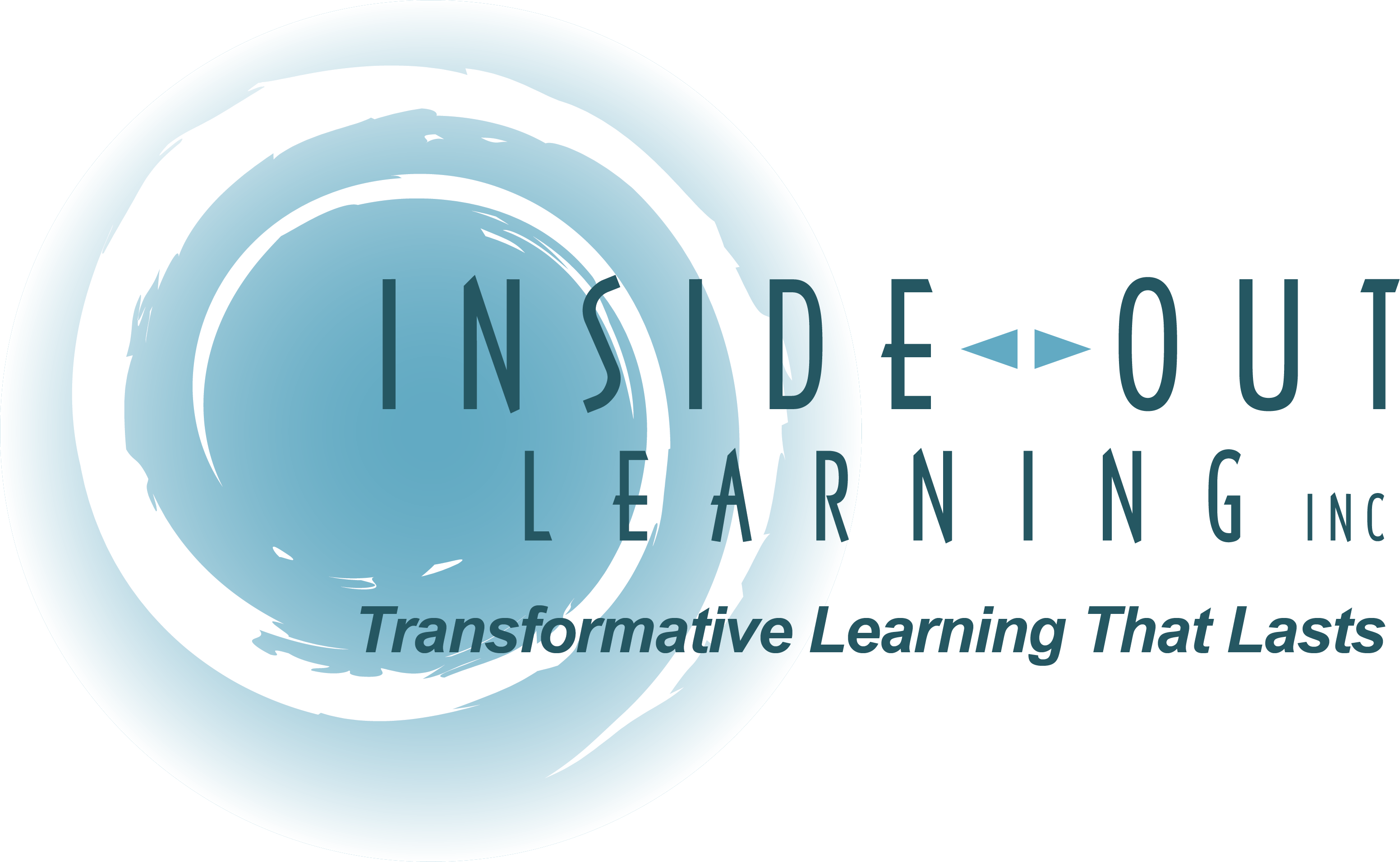Sharpening Soft Skills: Seven Human-Centered Approaches For Leaders
*Forwarded from Feedly*
Sharpening Soft Skills: Seven Human-Centered Approaches For Leaders
Written by: Emily Rogers, Forbes Councils Member
Emily Rogers is an executive coach, business consultant and retreat facilitator. You can connect with her at www.emilyrogers.com
getty
2020 was a year of unprecedented change, volatility and unpredictability — a time when emotions ran high, an epidemic of workplace stress reached a tipping point and employee burnout was at an all-time high.
Nearly 70% of American workers reported that the Covid-19 pandemic has been the most stressful time of their career, and 75% are burned out from prolonged stress, uncertainties about the future and the need to constantly adapt.
Rational and logical thought processes served leaders well as they made essential and time-sensitive decisions about operating businesses amidst a pandemic. However, the emotional toll of relentless change and demanding new protocols cannot be ignored. There has never been a more important time to cultivate and exercise soft skills by embodying compassion, empathy and kindness when leading, directing and communicating.
Soft skills — often called “people skills” — enhance a leader’s ability to relate well to others. Soft skills enable leaders to show up for their people in a way that nurtures and strengthens relationships while bringing out the best in others. While soft skills are important in any business climate, they become critical during high-stress situations.
When a colleague is struggling, a direct report is languishing or you simply want to build a stronger relationship, give these seven human-centered approaches a try:
1. Pause and set an intention. Before reaching out to support, offer feedback or provide guidance, pause to collect your thoughts and sincerely consider your intention for the conversation. Do this by connecting to what you care most about. Ask yourself what you most want for the other person and your relationship and envision the outcome you want from the conversation. Then, complete these two sentences: “My intention for this conversation is…” and “This is important because…”
2. Put as much (or more) attention on how you want to “be.” The practice of setting an intention will help you clarify the words you want to say. Consciously choosing how you want to “be” in the conversation will help you achieve the outcome you want to create. Emotions are transmittable. If you bring criticism, judgment and blame to the conversation, the other person will sense those emotions and will likely fight, flee, freeze or appease. If you embody a sense of compassion, curiosity and empathy, you will create an environment conducive to your desired outcomes. After you have considered how you want to show up in the conversation, complete this sentence: “To realize my intention, I will be…”
3. Be present. When you are not truly present in a conversation, you send the message that the interaction with the other person isn’t valuable. We’ve all experienced this, and it can feel disparaging and disrespectful. Minimizing distractions and pushing other priorities to the back burner requires practice and discipline. Try writing yourself a permission slip that says, “To be fully present in this conversation, I need to give myself permission to let go of X for now.”
4. Notice what’s going on with the whole person. As the conversation is unfolding, stay highly attuned to the other person. Their words convey a small portion of the story. Pay attention to their tone, pace, body language, gestures and facial expressions. Be on the lookout for overwhelm, uncertainty and burnout. You will gather more information and identify opportunities to demonstrate genuine care and compassion for the whole person.
5. Practice skilled listening. Good listeners do more than simply not talk when others are speaking. They amplify and energize thinking, help the speaker gain clarity and provide needed support. Good listeners consistently practice focused and active listening skills and they stay curious and judgment-free. By acknowledging feelings and asking powerful questions, an excellent listener allows others to see new perspectives and opportunities.
6. Work with the emotions that are present. Dealing with emotions, especially in the workplace, is rarely a top priority. Leaders who acknowledge and work with the feelings of others build a healthy organizational culture. Paying attention to emotions and the underlying cause of those emotions helps leaders better demonstrate empathy and connect with their teams. In turn, teams that feel supported are more likely to be motivated and productive.
7. Be more coach-like. Coaching is a foundational skill for influential leaders. Coaching can increase focus and capacity, prevent teams from feeling overwhelmed and drive engagement. Leaders with the most impact stay curious about what is on their team members’ minds, find out what is most challenging for them, ask what they need to be successful and genuinely encourage ongoing growth and development.
In the wake of the disruptions and volatility that defined 2020 and the uncertainty of what the next year may bring, it is essential that leaders align business objectives with the emotional needs of their people. When leaders skillfully meet the needs of colleagues and employees, they unlock positive feelings and renew energy. Relationships become stronger and teams are more resilient and productive. Sharpening your soft skills now will set your business on a course for success not only in the new year but in a new era.
Forbes Coaches Council is an invitation-only community for leading business and career coaches. Do I qualify?
via Forbes – Leadership “https://ift.tt/35Uaszf”
December 28, 2020 at 06:58AM
